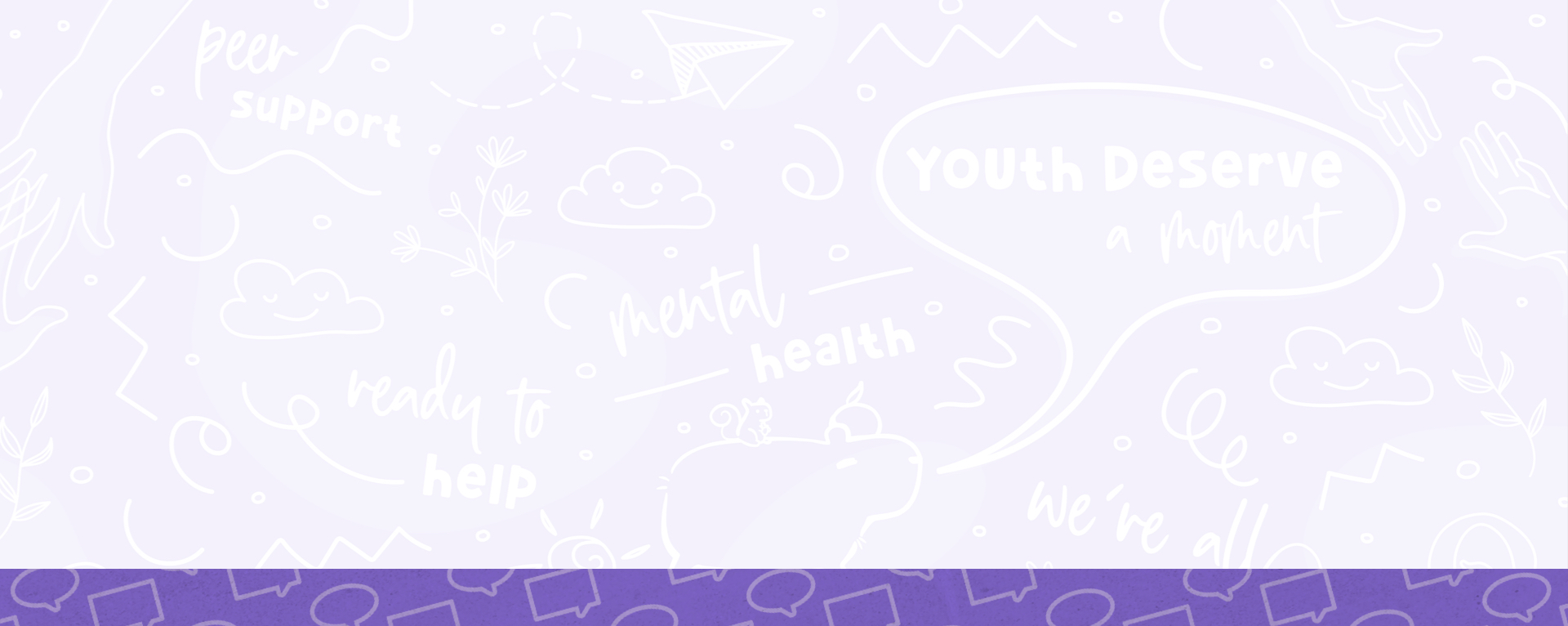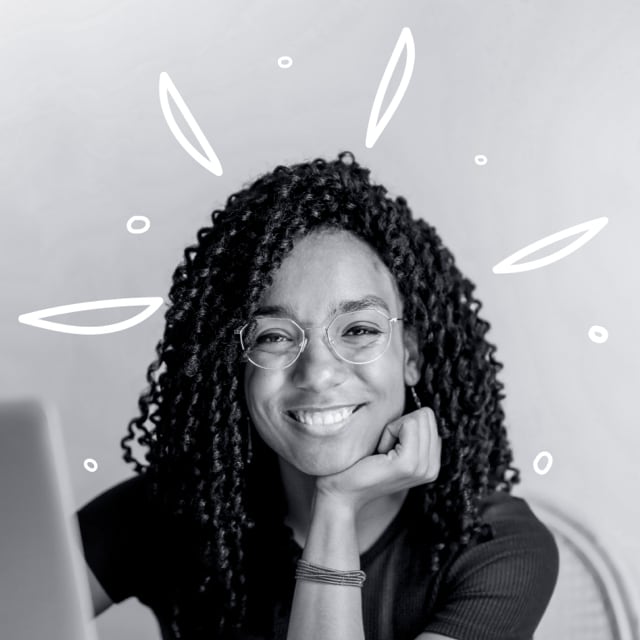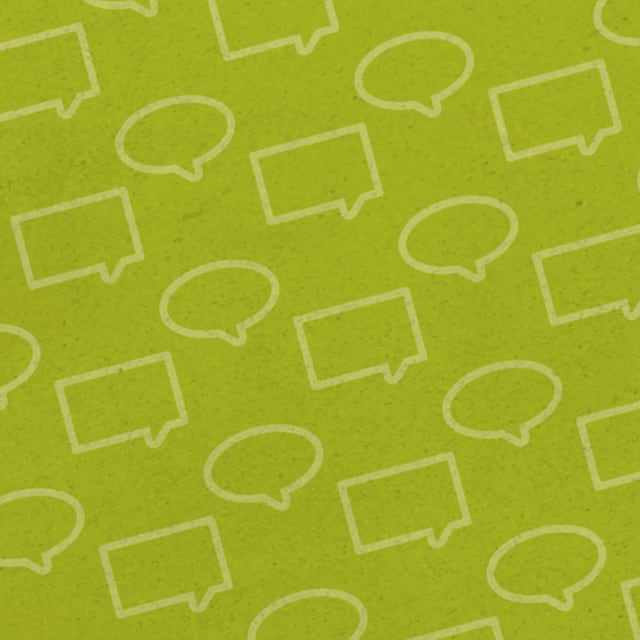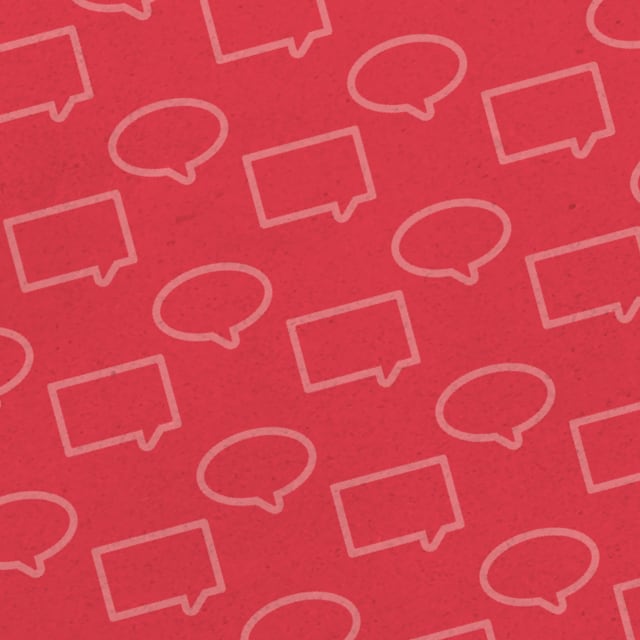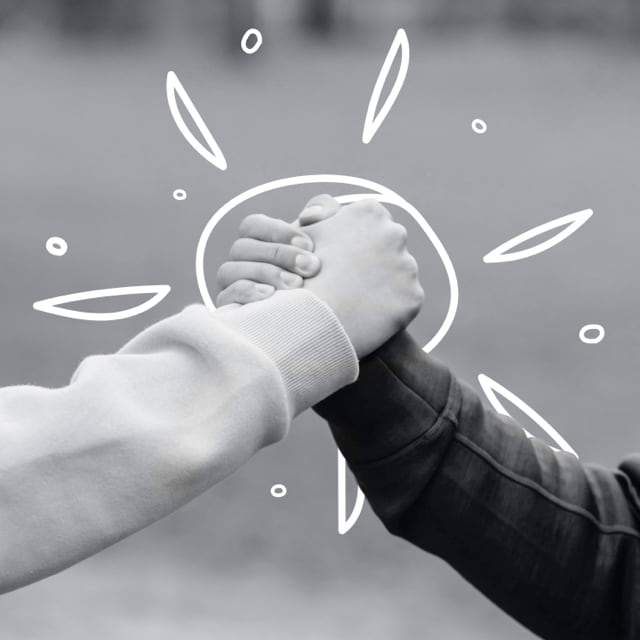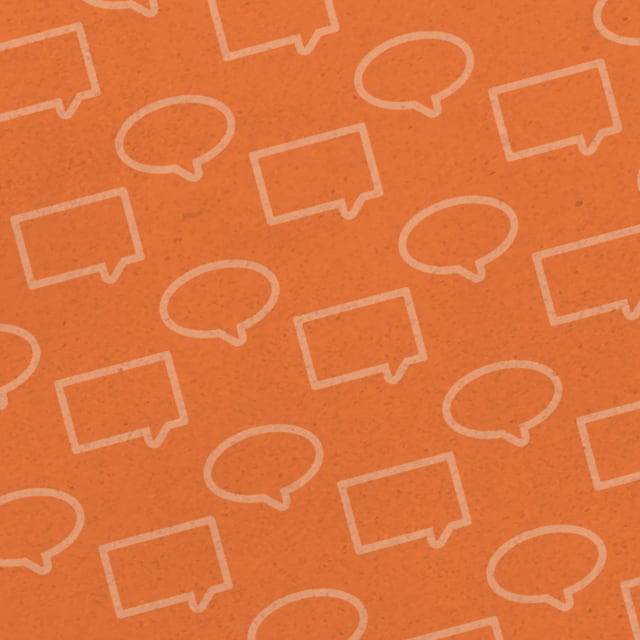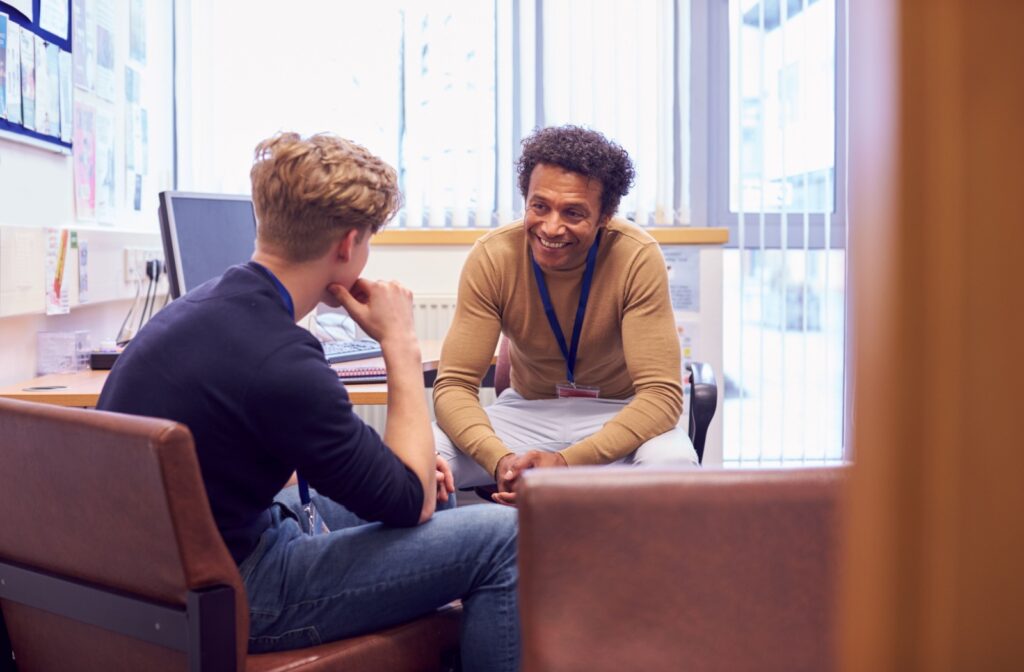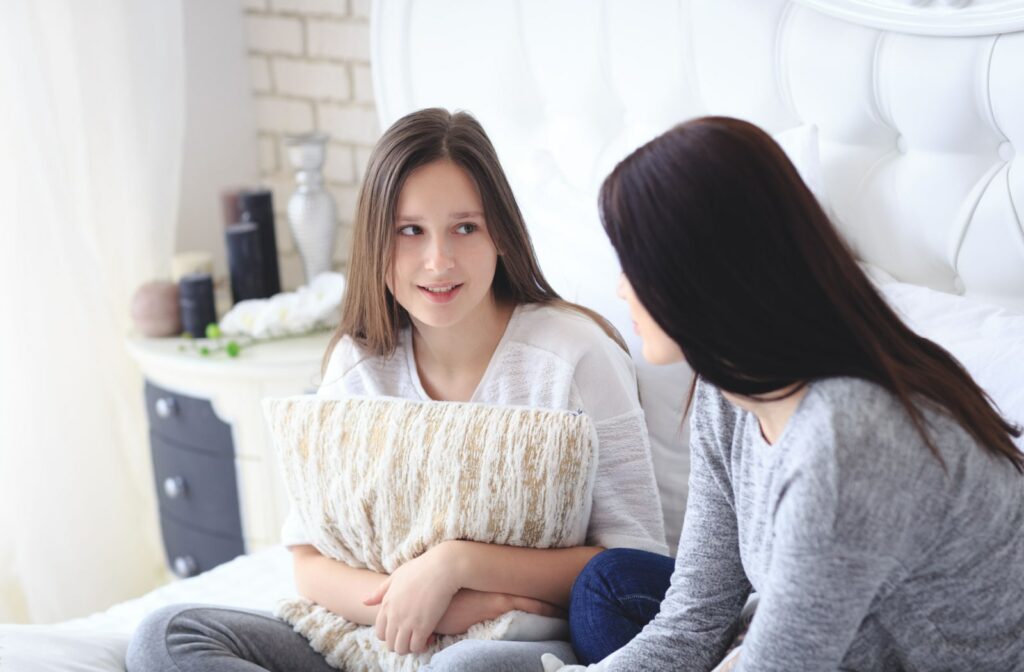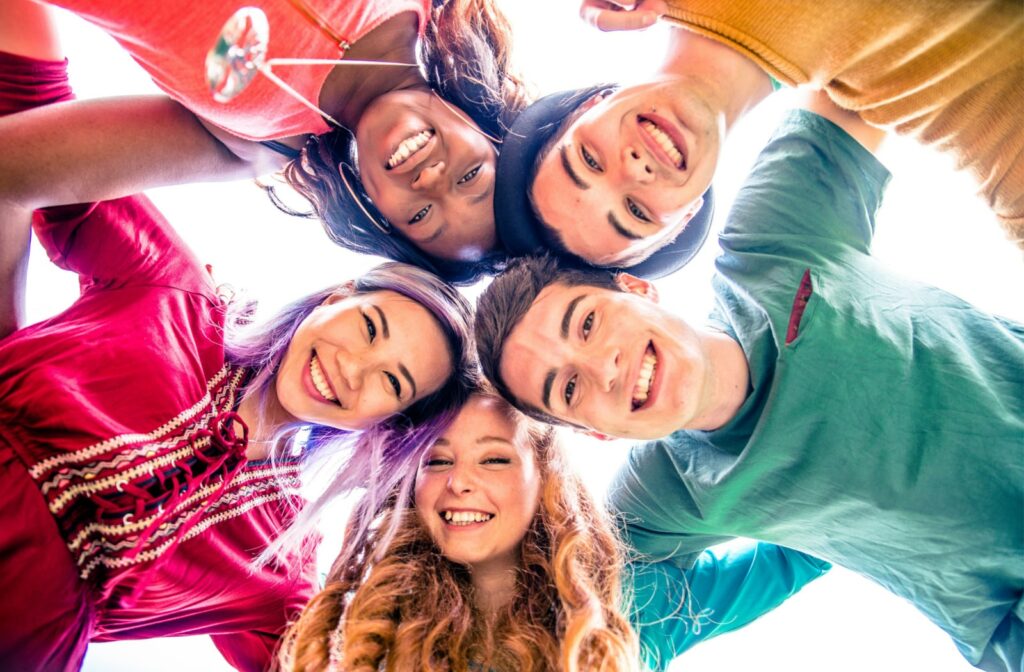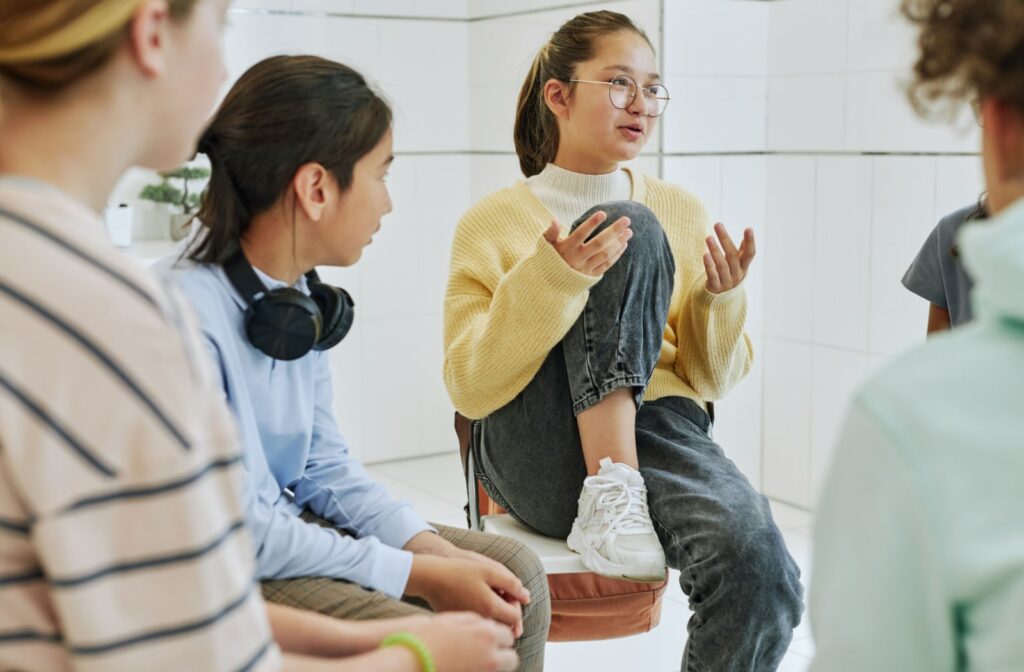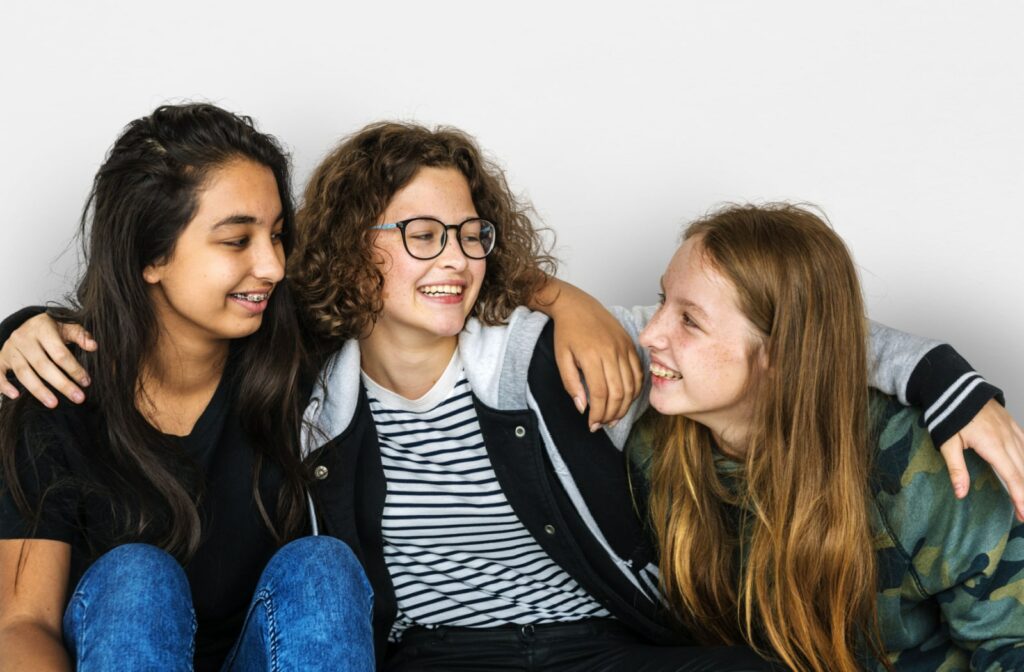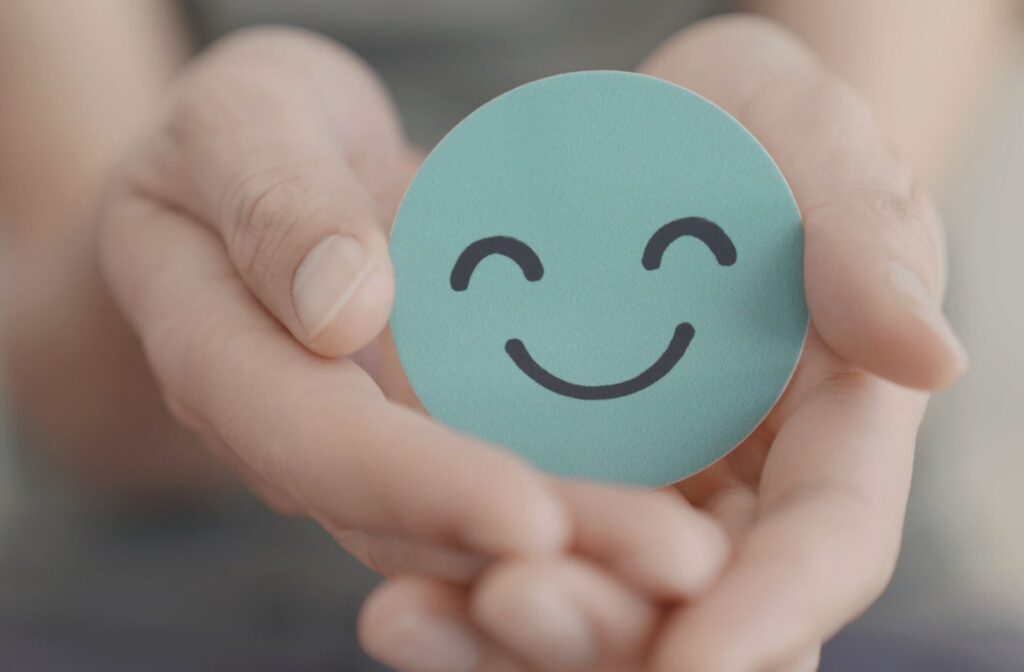Author: Diana Prince
There’s no doubt that our world is experiencing some very strong political shifts these days. No matter what you believe, there’s no denying that political events such as Brexit, the American election, and even social movements here at home are certainly different from the past few decades.
With all this political change, it’s important to stay connected with news and media, so that we can be involved and aware. Yet, with strong political change comes bias and turmoil. News about controversial topics such as feminist movements, Trump, and Black Lives Matter, are sure to be biased and sometimes even factually incorrect.
So how do we, as young people trying to understand our world, avoid the “fake news” that has become such a prevailing problem?
1. Always think critically about the things we read.
While news is often biased, we have to remember that we are too! If we read something that maybe doesn’t make too much sense, or seems a little sketchy, we tend to believe it anyways if we agree with what its saying. For example, if you’re a supporter of your local MP and you read about a scandal they’re involved in, you’re much more likely to critically think about that article than if you already disliked that MP. Remember: even if the article affirms something you already thought, that doesn’t make it true. Question everything!
2. Always check your sources.
We’ve all heard it a million times in school, but it really does matter: always check your sources. It’s definitely easy and convenient to read a picture with some nice, clear white text on Facebook and assume what its saying is true. However, sites that make those kinds of images often aren’t run by real reporters, and they’re also usually just looking to get the most views (no matter what the truth really is). The best way to make sure your news is accurate is to use multiple, reputable sources, which are often real news broadcasting companies.
3. Be aware of how the internet itself will bias the news you see.
In this digital age, I’m pretty sure Google knows more about me than I do, so it definitely knows my personal political beliefs. Sites like Facebook do the same, and they will purposely show you links and videos that fit with those beliefs. Furthermore, because you’re likely to have friends that share your beliefs, the things your friends share and like will also have that bias. When using the internet as your source of news, it’s always important to keep that in mind.
Hopefully these tips help you navigate the deep and messy place that is the internet. Ultimately, while we will never be able to truly get unbiased, perfect news, by remaining vigilant and critical of what we read, we can continue to be well-informed citizens.

